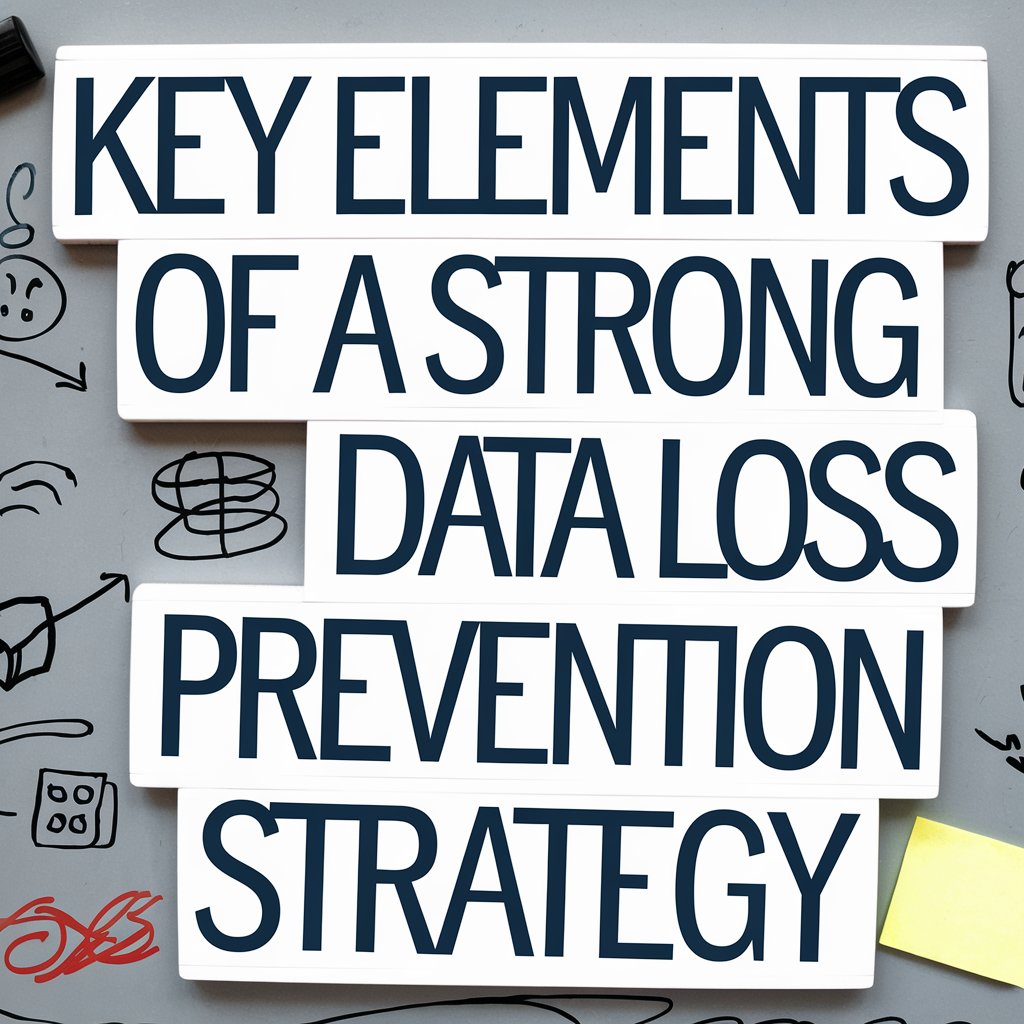In today’s fast-paced world, the influence of digital innovations extends into virtually every sector, including the traditionally analog realm of postage and mailing services. Once dominated by manual processes and physical labor, the postage industry has experienced a seismic shift due to technological advancements. This digital transformation has redefined how mail is processed, managed, and delivered, fundamentally altering the landscape of postal operations.
Gone are the days when postage involved tedious manual sorting and lengthy delivery times. The advent of sophisticated technologies has revolutionized the entire mailing process, introducing unprecedented levels of efficiency and accuracy. From the advent of automated sorting systems to the integration of digital platforms for seamless transaction management, these innovations have drastically improved both operational efficiency and customer satisfaction. Moreover, the rise of e-commerce and the growing demand for faster delivery services have further accelerated the need for digital solutions in the postage industry. Businesses and consumers alike expect prompt and reliable mail services, driving the adoption of cutting-edge technologies that can meet these expectations.
Enhanced Sorting Technologies
One of the most notable advancements in postage strategies is the development of sophisticated sorting technologies. Modern sorting systems utilize advanced imaging and scanning technologies to expedite the processing of mail. High-speed cameras and automated sorting machines now handle vast volumes of mail with remarkable accuracy. These systems can quickly read and process addresses, automatically sorting mail based on destination, size, and type. This automation reduces the likelihood of human error and speeds up the overall mailing process, ensuring that items reach their destinations more quickly and reliably.
Integration of Digital Platforms
The integration of digital platforms into postage strategies has transformed how businesses and individuals manage their mailing needs. Online postage solutions have emerged as a convenient alternative to traditional postage methods. By leveraging these digital platforms, users can easily purchase postage, track shipments, and manage their mailing lists from the comfort of their homes or offices. This shift towards digital management simplifies the process, making it more accessible and efficient. Additionally, the ability to track shipments in real time provides both senders and recipients with greater transparency and control over their mail.
Automation and Robotics in Warehousing
Automation and robotics have also made a significant impact on modern postage strategies, particularly in warehousing and fulfillment centers. Robotic systems now handle tasks such as sorting, packing, and labeling with unparalleled precision. These systems can operate around the clock, significantly increasing productivity and reducing labor costs. Automated warehousing solutions enable faster processing times and more accurate inventory management, which ultimately translates into quicker delivery times for customers. By streamlining these operations, businesses can offer improved service levels and meet the growing expectations of their clients.
Data-Driven Decision Making
Digital innovations have empowered businesses to make data-driven decisions in their postage strategies. Advanced analytics tools allow companies to gather and analyze data related to their mailing operations, including delivery times, customer preferences, and operational efficiencies. By leveraging this data, businesses can optimize their postage strategies, tailor their marketing efforts, and improve overall service quality. For example, insights derived from data analysis can help identify the most efficient delivery routes, enabling businesses to reduce costs and enhance their logistics.
Customization and Personalization
Customization and personalization have become central to modern postage strategies, thanks to digital innovations. With the advent of digital printing technologies, businesses can now create highly personalized mail pieces that resonate with their target audiences. This capability extends beyond simple customization, allowing for the inclusion of variable data such as names, addresses, and personalized messages. Personalized mail not only improves engagement rates but also enhances the overall effectiveness of marketing campaigns. By delivering content tailored to individual preferences, businesses can foster stronger connections with their customers.
Security and Compliance Enhancements
In the digital age, security and compliance have become paramount considerations in postage strategies. Advanced encryption technologies and secure digital platforms help protect sensitive information and ensure compliance with regulatory requirements. Businesses must navigate a complex landscape of data protection laws and regulations, and digital innovations provide the tools needed to address these challenges. Enhanced security measures safeguard both sender and recipient information, reducing the risk of data breaches and ensuring that mailing processes adhere to industry standards.
Digital innovations have profoundly impacted modern postage strategies, reshaping traditional methods and introducing new efficiencies. From advanced sorting technologies and digital platforms to automation and data-driven decision making, these advancements have transformed how we approach postage. The integration of customization and personalization, along with enhanced security measures, further underscores the significance of technology in shaping the future of mailing services. As the digital landscape continues to evolve, it is clear that these innovations will play a crucial role in driving the future of postage strategies, ensuring continued improvement and adaptation in an ever-changing world.






